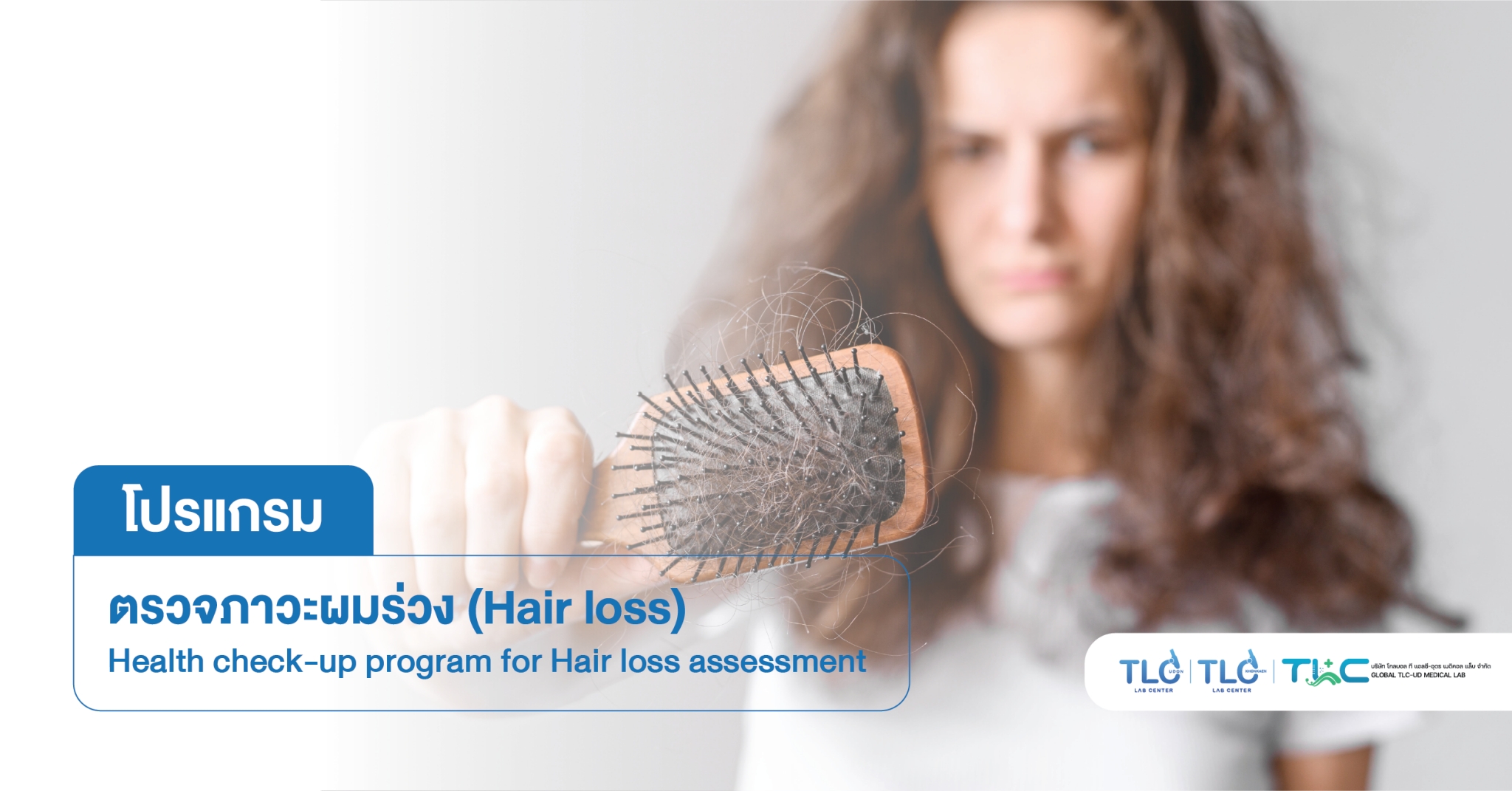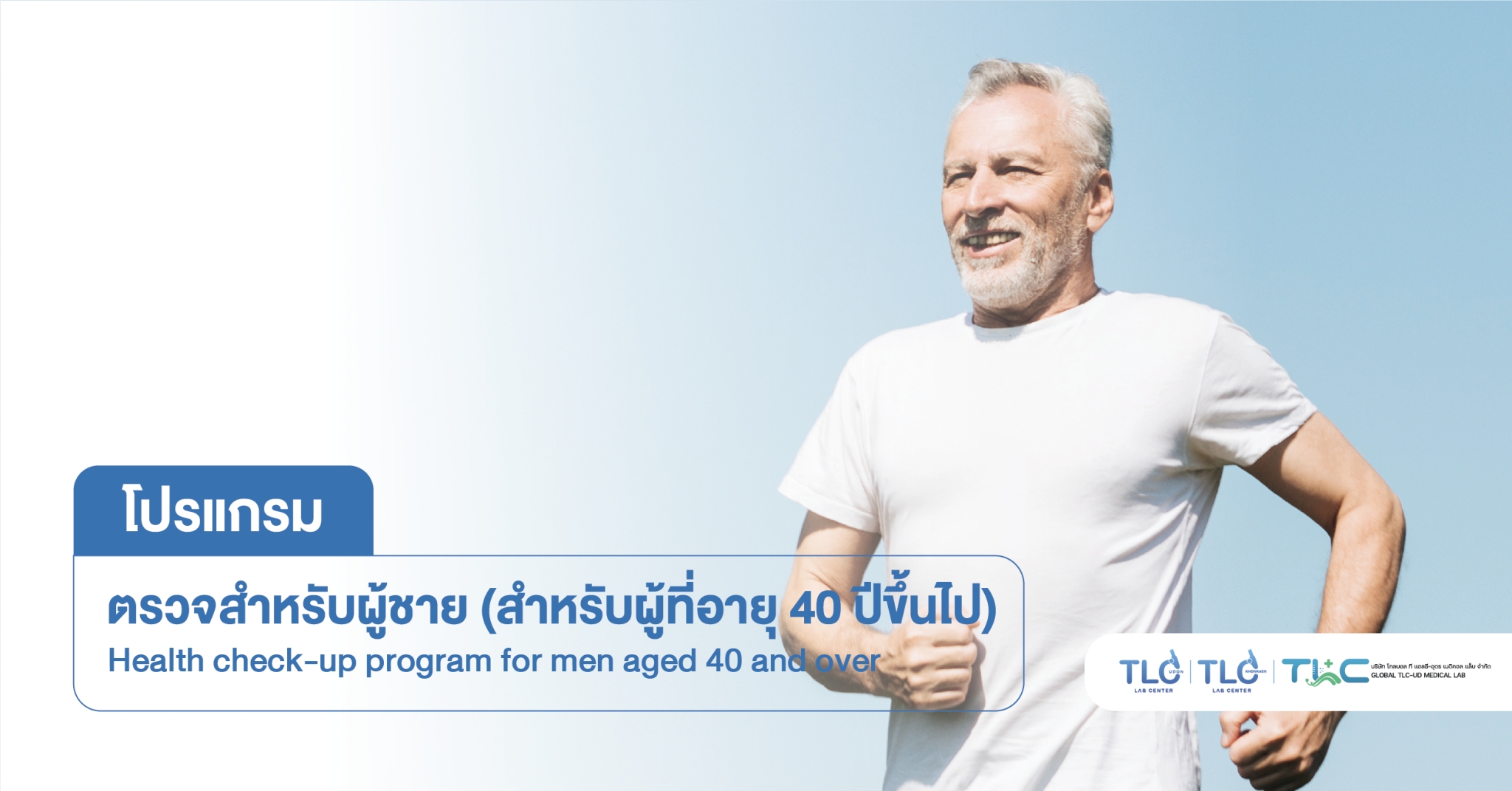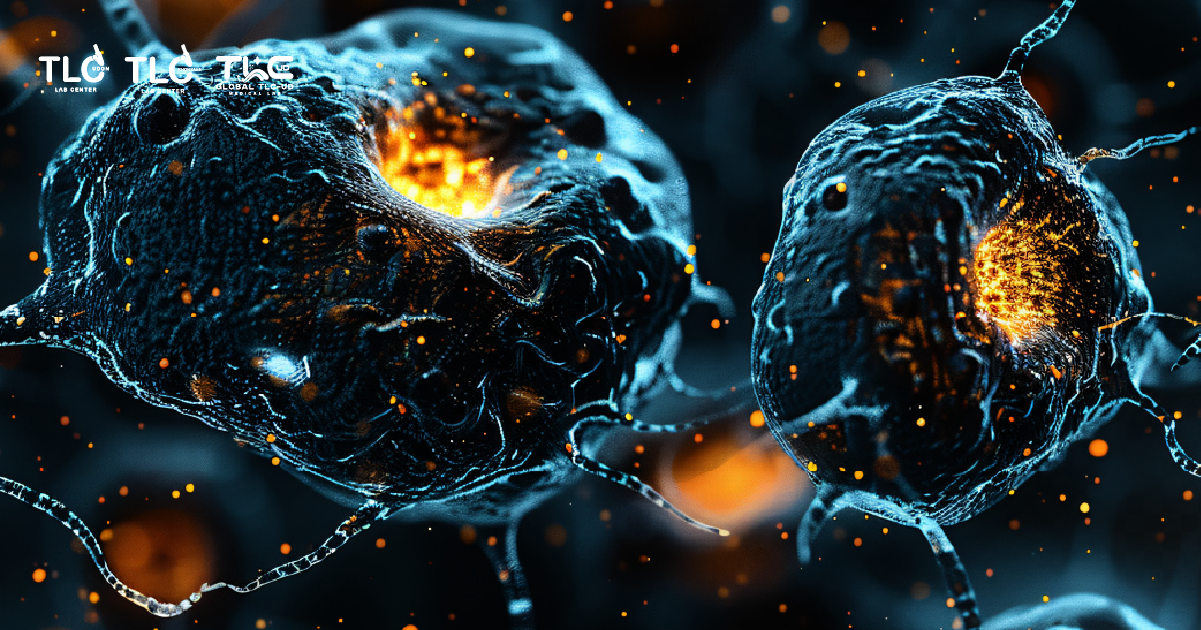Longevity Medicine: The Science of Living Longer, Healthier Lives
We live in an age where people are living increasingly longer lives.
The key question, however, is not “How long can we live?” but rather “How long can we live in good health?”
This is the central philosophy of Longevity Medicine, a field that is rapidly gaining global attention.
What is Longevity Medicine?
Longevity Medicine is an advanced medical discipline focusing on the prevention, restoration, and extension of lifespan, while simultaneously improving healthspan — the period of life spent in good health.
It integrates knowledge from anti-ageing medicine, preventive medicine, regenerative medicine, and modern biomedical sciences.
Key tools include in-depth genetic, cellular, and biomarker analyses to identify risks and signs of degeneration at an early stage.
This data allows for personalised care planning covering nutrition, exercise, sleep, medical interventions, and regenerative therapies.
The ultimate goal is to promote long-term health and reduce the burden of chronic, degenerative diseases.
Core Principles of Longevity Medicine
Longevity medicine does not focus solely on treating illness after it develops.
Instead, it aims to detect early signs of degeneration, subtle imbalances, or potential risk factors before disease manifests.
This is achieved through comprehensive assessments such as:
- Genetic analysis (Genetics)
- Epigenetic profiling (Epigenetics)
- Biomarker testing – via bloodwork and health screening to assess:
- Metabolic profile: diabetes, lipid levels, liver and kidney function, cancer, and hormone balance
- Nutrient and immune status: vitamins, minerals, allergy indicators, antioxidants, etc.
- Inflammation markers
- Cellular ageing indicators: telomere length, NAD+, sirtuins, DNA damage, DNA methylation
- Gut microbiome analysis
- Lifestyle and environmental evaluation – To create a tailored health plan through personalised medicine.
Primary Goals
- Prevent chronic non-communicable diseases (NCDs) such as diabetes, high cholesterol, hypertension, heart disease, cancer, and Alzheimer’s.
- Slow cellular and organ ageing.
- Enhance quality of life, maintaining physical, mental, and cognitive function into older age.
- Extend healthspan, not merely lifespan — focusing on living well for longer, not simply living longer.

Why is Longevity Medicine Important?
Chronic diseases such as diabetes, hypertension, heart disease, cancer, and Alzheimer’s are largely the result of gradual, cumulative cellular decline.
By the time symptoms appear, it is often too late to restore full health.
Longevity Medicine therefore plays a crucial role in detecting risks and early abnormalities before disease arises, enabling proactive and tailored interventions to preserve long-term wellbeing.
Approaches in Longevity Medicine
- Advanced Diagnostics
- Biomarker testing for signs of ageing
- Genetic and epigenetic analysis
- Measurement of telomere length, mitochondrial function, and microbiome diversity
- Personalised Medicine
- Individualised nutrition and supplementation
- Exercise programmes tailored to capability and goals
- Sleep management and optimisation
- Stress reduction and emotional wellbeing
- Preventive and Regenerative Medicine
- Use of medical-grade supplements, vitamins, and hormone balance therapy
- Cellular-level regenerative treatments such as stem cell therapy or senolytics (in advanced research and clinical applications)
Goals of Longevity Medicine
- Reduce the risk of chronic non-communicable diseases (NCDs)
- Slow the ageing of cells and organs
- Regenerate and repair damaged cells
- Boost brain and body performance
- Promote physical and mental balance
- Enable a life that is not just long, but vibrant and fulfilling — extending healthspan, not merely lifespan
In Summary
Longevity Medicine combines cutting-edge biomedical science with holistic health management to help people live longer, healthier, and more energetic lives.
Through in-depth health analysis, personalised nutrition and lifestyle modification, and restorative therapies, this discipline seeks to extend not only the number of years lived but also the quality of those years.
In short, Longevity Medicine does not ask “How long can we live?” but rather “How long can we live well?”
Author : Dr. Apakorn Pholthian, M.D.References
- Bischof E, et al. (2021)Longevity medicine: upskilling the physicians of tomorrow. Lancet Healthy Longevity.
- Yusri K, Kumar S, et al.(2024) Towards Healthy Longevity: Comprehensive Insights from Molecular Targets and Biomarkers to Biological Clocks. Int. J. Mol. Sci.
- Ruckstuhl MM, et al.(2023) Translational longevity medicine: a Swiss perspective in an aging world. Swiss Med Wkly.
- Walker RF.(2007) Challenges facing age-management/longevity medicine. Clin Interv Aging.
- Putot A, et al.(2021) Beyond longevity: healthy longevity. Lancet Healthy Longevity.
- Chaudhari PS, Ermolaeva MA.(2024)Too old for healthy aging? Exploring age limits of longevity treatments. npj Metabolic Health & Disease.
















